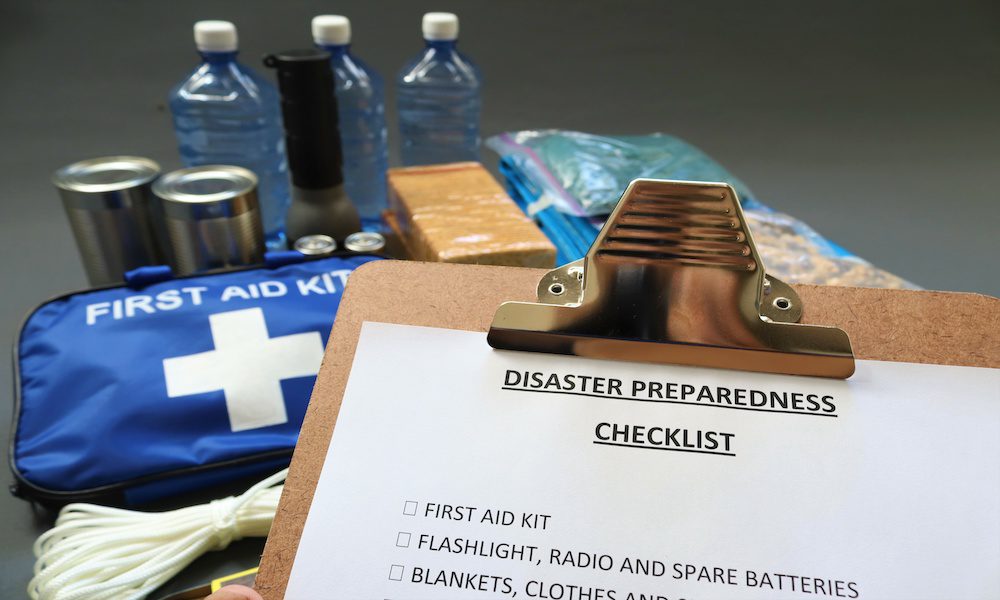
Whether you want to prepare for a natural disaster or avoid common causes of everyday disasters like water damage, fires, and carbon monoxide poisoning, there are resources for home and business owners that can help protect.
FIRST, Have a Plan. This is especially important in Florida where the number of Natural Disasters are more prevalent than in other states. A good time to do this is when we are not in hurricane season. Decide ahead of time where you will go should disaster strike. Keep in mind that if the disaster affects a large population of the state, you may be forced to travel longer distances to find necessities. Determine ahead of time which routes you will take to evacuate an area and consider alternate routes if available. Keep your fuel tanks filled in your cars, and pre-determine how much fuel you will need to get to your designated spot. Pick a person that is not in harms way, and designate that person to be the person of contact. This person, will be the one that you will touch base with as you start to execute your evacuation plan.
SECOND, Build an Inventory. In the event of severe damage to your home or business, having a current inventory of your possessions – can help you get your insurance claim settled faster, verify losses, and help you purchase the correct amount of insurance. Take Pictures and video’s – This can be done easily with today’s smart phones in about 15 minutes or less. Once you have videoed all of the rooms, including the garage, you can then share the video with others for safe keeping or save it to a file in your email. This gives you access to its contents from anywhere in the world at anytime. In addition, Consider taking close up videos or photos of expensive items. Things like jewelry, firearms, art, and collectibles may need to be insured separately. If you have them, make copies and/or photos of any receipts for purchases you made for your home and/or business.
THIRD, create an emergency kit. Don’t wait until a natural disaster is at your door, to start looking for necessities. After all, this is when everyone else is looking for them as well! Instead, plan ahead and keep those items on hand at all times. Items such as canned goods, non-electric can opener, water, toiletries, prescription/medications, clothing, blankets, first aid kit, batteries, flashlights, cell phone and lap top chargers, emergency cash and credit cards, copies of both home, auto and business policies, other personal documents that are hard to replace.
Spending 30 minutes, one time a year, can greatly reduce the effects of a natural disaster, and keep you and your family safe in an emergency situation.

